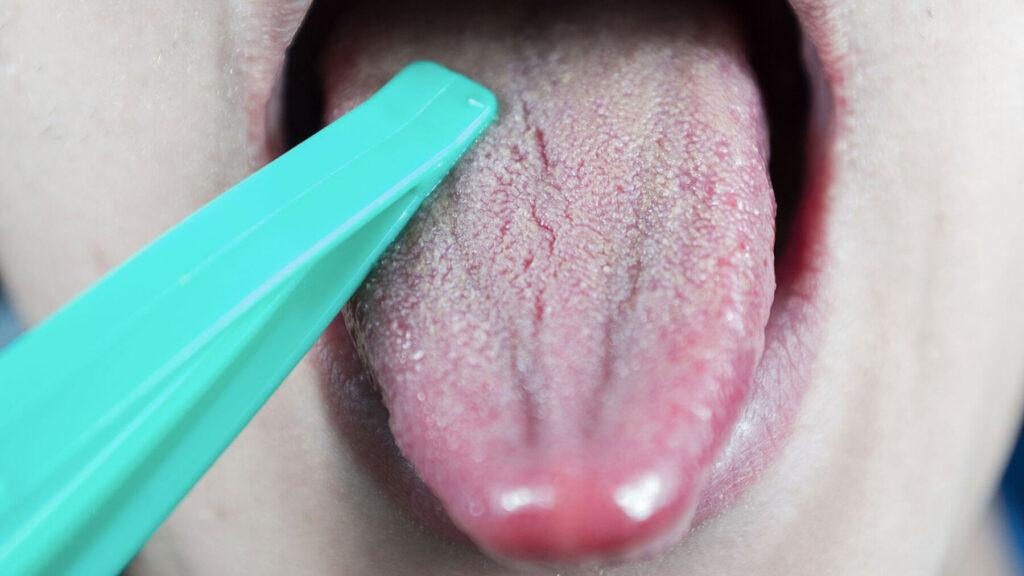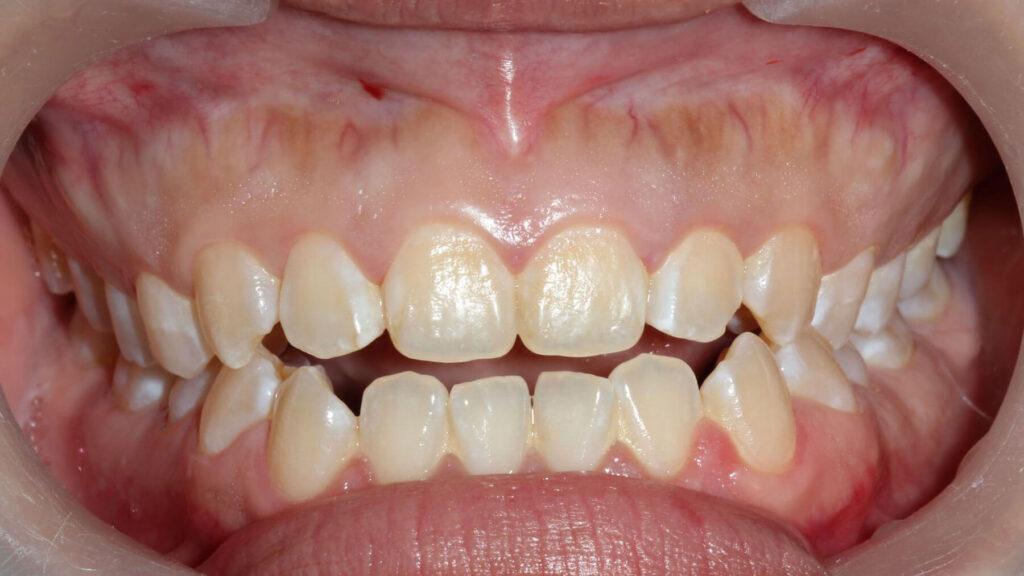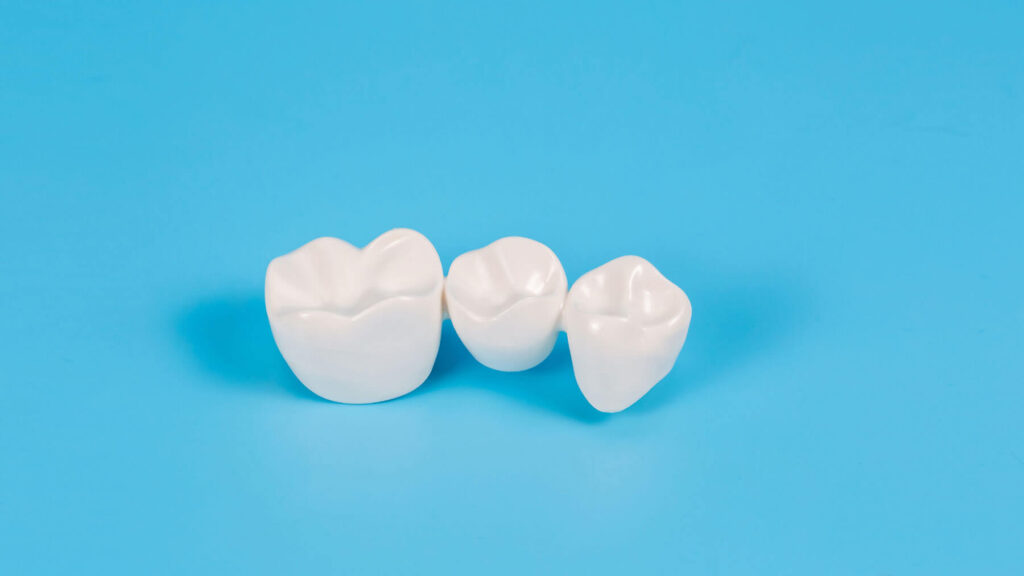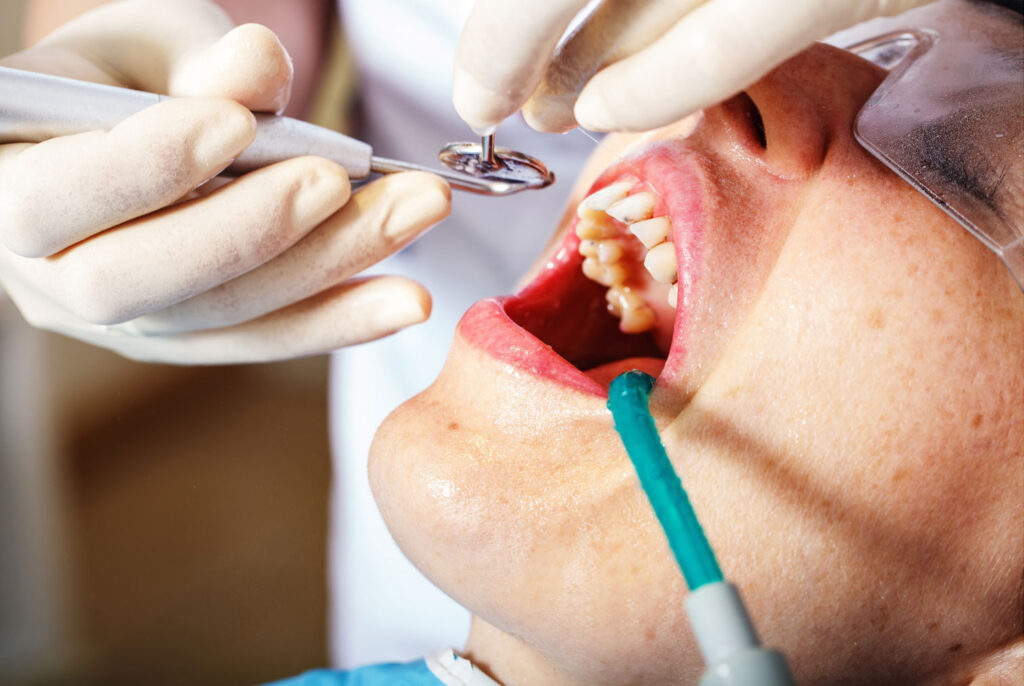You’ve likely heard of Ozempic, a medication used for diabetes management and, for some patients, weight-related care. Lately, a new phrase has gone viral: “Ozempic teeth.” If you’re asking what is Ozempic teeth, you’re not alone. The term isn’t a formal diagnosis; instead, it’s a shorthand people use for dental changes they notice while on the medication.
So, what is Ozempic teeth and why is it suddenly everywhere? In most conversations, it refers to a cluster of issues like dry mouth, sensitivity, enamel wear, or new cavities. However, the more helpful question is why these problems can show up—because the causes are often indirect and manageable with the right plan.

What Is Ozempic Teeth? Why This Term Exists
“Ozempic teeth” started as a social media phrase. People compared notes, then the term spread fast. That said, a trend can still point to real patterns. For example, Ozempic’s most common side effects are gastrointestinal (like nausea and vomiting). If those symptoms happen often, teeth may see more acid exposure, which can raise enamel risk.
Can Ozempic Cause Dental Side Effects?
Ozempic doesn’t “attack” teeth directly. Instead, some side effects can change your mouth environment.
- Nausea and vomiting: These are recognized side effects. Frequent acid exposure can soften enamel; as a result, sensitivity can increase.
- Dry mouth (xerostomia): Some patients report feeling dry. Dry mouth matters because saliva protects teeth, buffers acids, and lowers cavity risk.
- Eating pattern changes: Smaller meals or frequent snacking can mean more “acid windows.” Therefore, enamel gets fewer breaks to recover.

Why Might People on Ozempic Experience Teeth Problems?
Most “teeth problems from Ozempic” come down to three pathways:
- Less saliva protection → more cavity risk and gum irritation.
- More acid exposure from nausea/vomiting/reflux → higher erosion risk.
- Routine disruption (fatigue, appetite shifts) → oral hygiene slips; meanwhile, plaque builds faster.

Are These Dental Issues Backed by Research?
“Ozempic teeth” is not a medical diagnosis, so you won’t see it listed as a condition in large clinical studies. Still, the reasons behind the most common complaints are clear. For example, when you have less saliva, your mouth can’t wash away acids as well—so cavities, sensitivity, and enamel wear become more likely. Also, if you vomit, rinse with water first because stomach acid softens enamel, and brushing right away can wear it down faster.

How Can You Protect Your Teeth While Taking Ozempic?
Here’s a simple prevention plan that’s easy to follow:
- Hydrate on purpose: Sip water regularly; plus, consider sugar-free gum to stimulate saliva.
- Upgrade fluoride support: Use fluoride toothpaste daily; in addition, ask about in-office fluoride at your cleanings.
- After nausea or vomiting: Rinse with water or a baking-soda rinse first; then wait before brushing.
- Control “sip time”: Avoid constant sipping on acidic drinks; therefore, enamel gets recovery time.
- Schedule proactive check-ins: If you’re seeing changes, don’t wait—early erosion is easier to slow than repair.

When Should You Speak to a Dentist About Ozempic Side Effects?
Reach out if you notice any of these signs—especially if they last more than a week or keep returning:
- New or worsening sensitivity (cold, sweet, air)
- Dry mouth that doesn’t improve with hydration
- Bad breath that feels “stuck” despite brushing
- Gum bleeding, swelling, or tenderness
- New dark spots, rough edges, or chips

If you’re taking Ozempic and you’re noticing changes in your mouth, schedule an exam at Smiles for Health DDS in Carlsbad. We’ll check for early erosion, dryness patterns, and cavity risk—then build a prevention plan that fits your routine.
Frequently Asked Questions
Why are people calling it “Ozempic teeth”?
It’s a social media nickname; however, it usually refers to dry mouth or acid exposure that can affect comfort.
Can Ozempic increase cavity risk over time?
Yes, if saliva drops; therefore, acids stick around longer and cavities can form faster.
Does nausea or vomiting impact enamel?
Yes; in other words, stomach acid can soften enamel, so rinsing first helps protect teeth.
What should I do right after vomiting to protect my teeth?
Rinse with water or a baking-soda rinse; then wait before brushing to avoid wearing softened enamel.
How can I manage medication-related dry mouth?
Hydrate often; plus, sugar-free gum can stimulate saliva and reduce risk.
Should I tell my dentist I’m taking Ozempic?
Absolutely; therefore, your care plan can include extra checks for dryness, erosion, and cavities.
When should I call a dentist urgently?
If you have swelling, severe pain, or a broken tooth, call promptly; meanwhile, don’t wait for it to “settle.”






